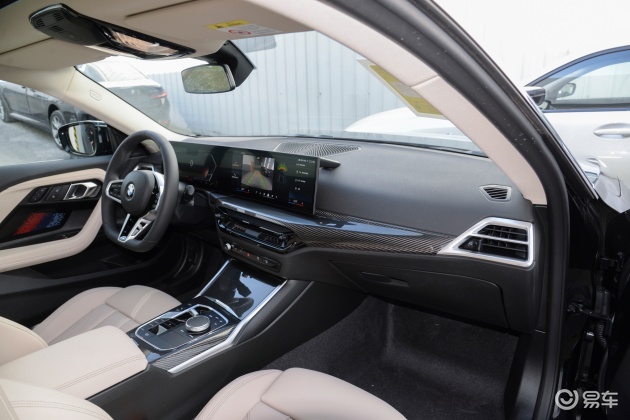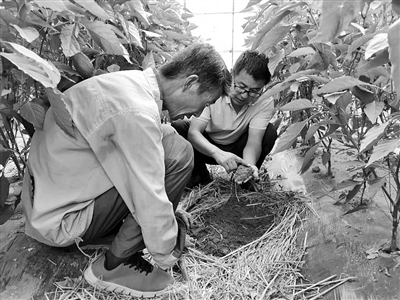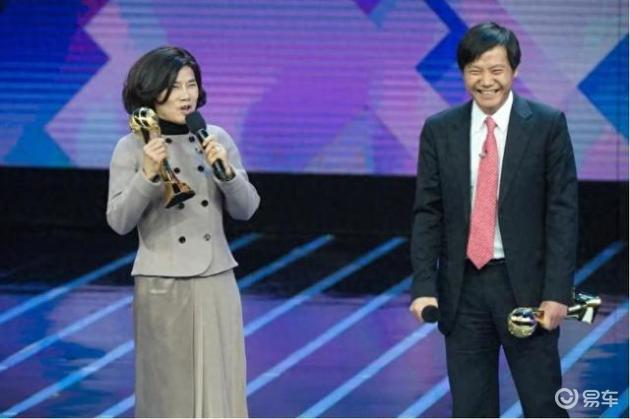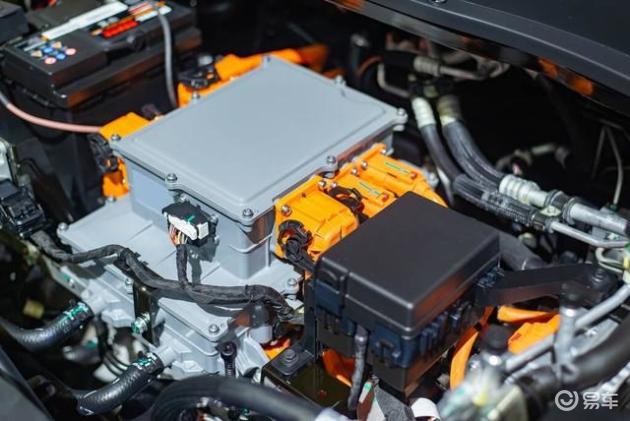Since the beginning of this year, affected by the COVID-19 epidemic, the task of stabilizing employment is arduous. A series of policies and measures have been put into practice, such as helping enterprises, reducing burdens, stabilizing posts and expanding employment, and stabilizing the basic employment. The State Council Office held a press conference a few days ago, and the Ministry of Human Resources and Social Security introduced the situation of stabilizing employment and reducing social security fees and its implementation results. What is the situation of social security fee reduction? Will it affect the payment of pensions? What is the current employment situation? Let’s watch it together — —
About the reduction of social insurance premiums
How much is the reduction? How many enterprises enjoy the relief?
By the end of September, 11.299 million enterprises had benefited from the three social insurance premium reduction and exemption policies, with a reduction of 910.7 billion yuan and a deferred payment of 61.6 billion yuan. In addition, the policy of reducing the social insurance premium rate reduced the payment of enterprises by 232.2 billion yuan, and reduced the cost of enterprises by 1,204.5 billion yuan.
Will the reduction of social insurance premiums affect the timely and full payment of pensions?
Faced with the severe and complicated situation this year, a series of policies and measures such as "exemption, reduction, delay, return and compensation" have been introduced in social insurance. When these policies were introduced, the income and expenditure of social insurance funds have been fully predicted and accurately calculated, which can ensure the timely and full payment of pensions.
By the end of September, the reduction or exemption of three social insurances had reduced the cost of enterprises by 1,204.5 billion yuan, including 1,014 billion yuan for endowment insurance, accounting for 84.1%. Judging from the actual operation of the enterprise pension insurance fund, the operation of the enterprise pension insurance fund has withstood the test in the first three quarters, and it is relatively stable on the whole, even better than expected. From the perspective of fund revenue and expenditure, the total income was 2.1 trillion yuan, the total expenditure was 2.8 trillion yuan, and the accumulated balance of the fund was 4.5 trillion yuan. It can be seen that, on the whole, there is still a relatively solid material foundation for insurance and distribution.
About stable employment
What is the current employment situation?
1-mdash this year; In September, 8.98 million new jobs were created in cities and towns, and 99% of the expected targets and tasks for the whole year have been completed. In September, the national urban survey unemployment rate was 5.4%, which was in line with the expected control target of around 6%.
What is the employment situation of key groups? What measures are there to support their employment?
College graduates:
Broaden employment channels, implement employment and entrepreneurship promotion actions, and provide continuous employment services. The employment situation of college graduates is generally stable and the pressure is reduced compared with the previous period. According to the data of the Bureau of Statistics, in September, 20-mdash; The survey unemployment rate of 24-year-old college students and above decreased by 2.4 percentage points compared with last month. After that, we will continue to push forward the implementation of policies, expand enrollment, and launch a series of activities such as entrepreneurial support, internship promotion, and "employment cloud service" to provide quality employment services for graduates.
Migrant workers:
By the end of the third quarter, there were 179 million migrant workers, an increase of 2 million compared with the end of the second quarter. Priority should be given to organizing poor laborers to go out, stabilizing their jobs, providing job transfer services and returning home. By the end of September, the number of poor laborers going out to work had reached 29.34 million, exceeding the total scale of last year.
Laid-off workers:
In promoting the re-employment of laid-off workers, online unemployment registration is opened to provide "one-stop" employment services, 1-mdash; In September, a total of 3.53 million unemployed people were helped to find jobs again.
What other policies support employment?
Promoting economic growth and promoting employment: supporting industries with large employment capacity to give priority to development. Support the development of new industries and formats, and encourage flexible employment through multiple channels. Optimize the entrepreneurial environment and give play to the multiplier effect of entrepreneurship driving employment.
Implement and improve the employment policy to expand employment: further strengthen the implementation of tax reduction and fee reduction policies, ensure that all relief measures reach the grassroots and enterprises directly, and encourage enterprises not to lay off employees or reduce them.
Highlight key groups to ensure employment: focus on helping unemployed college graduates to find jobs as soon as possible, promote migrant workers to go out for employment in an orderly manner and find jobs nearby, increase employment assistance for poor laborers, and make overall arrangements for the employment of fishermen and people in difficulty.
Optimize service training to promote employment: strengthen the capacity building of grassroots public employment services, and carry out various forms of supply and demand docking services such as live broadcast with posts, special recruitment, and human resources service industry to promote employment.
Prevent and resolve risks and stabilize employment: closely track changes in the economic and employment situation, strengthen statistical monitoring and analysis of employment, and prepare for relevant risks.




























